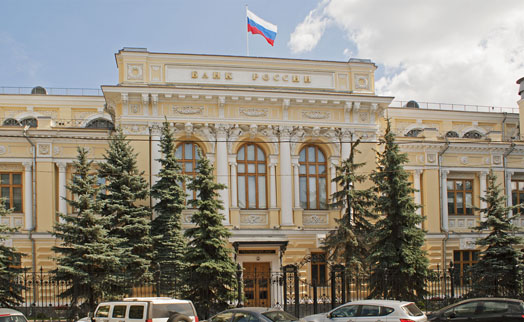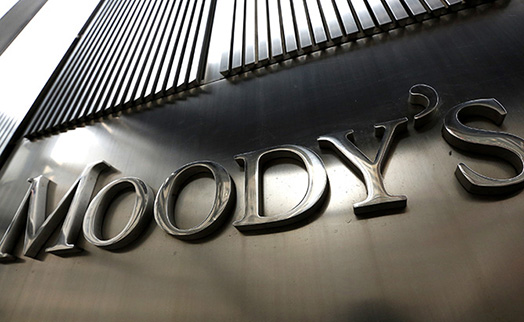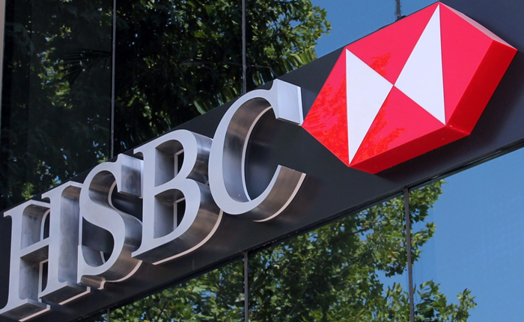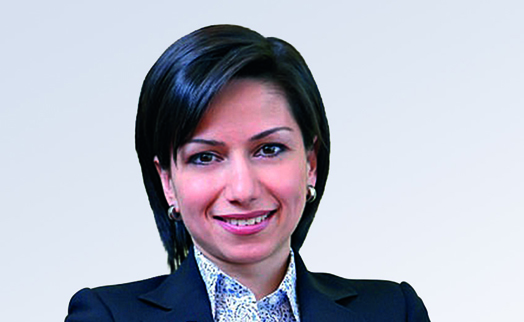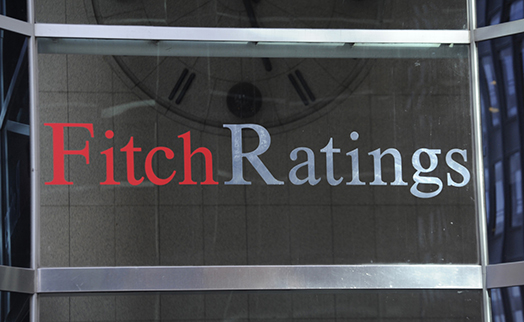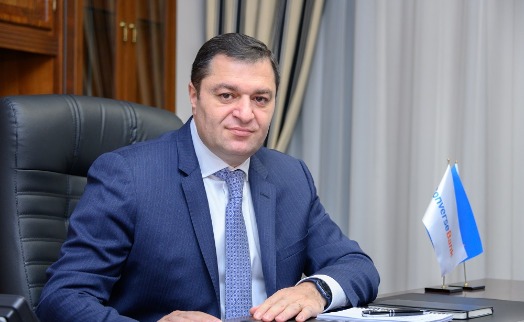20.04.2016 18:58

YEREVAN, April 20. /ARKA/. Sixty per cent of people say that someone other than themselves should be responsible for ensuring they and their family are financially stable if something were to happen and they were no longer able to earn, according to a new HSBC report, The Power of Protection Confidence in the future.
While 40% of people say their financial stability is their own responsibility, 26% say the responsibility should lie with the State or government, 20% say their family and a further 14% say it should be their employer.
Charlie Nunn, Group Head of Wealth Management, HSBC, comments: 'People worry when they think about the future. Some are kept awake at night by the thought of what would happen if they fell ill, ran out of money, or lost their job. They want to make sure that their loved ones would be looked after. They would like to provide for their children and partners. And increasingly, rising life expectancies mean they are concerned about their parents as well.
It is impossible to plan for every eventuality, but there are many things people can do to help them face the future with greater confidence. Making a long-term plan about your financial affairs can be one way of securing peace of mind.”
Sixty-five per cent of people say that what they worry most about in life is their health, yet many do not have anything in place to protect it. Of those who say their health is their biggest concern, 41% say they are financially unprepared should something happen to their health; of these 34% are not prepared at all and a further 7% say they could manage but admit they do not have anything specific in place.
In the survey of over 11,000 people in 12 countries around the world, HSBC found that there are four main health-related concerns; ageing (65%), cost (57%), family (55%) and access to healthcare (51%). While health is the main concern for many, 57% think that someone else should be responsible for the cost of their personal healthcare; the State / government (26%), employer (16%), family (15%).
Of those who are considering health insurance but have not yet purchased, the main barrier is cost-related.
In Armenia, the insurance and protection market is still in its embryonic stage as people do not realise its importance, and as a result insurance companies and financial institutions don’t offer these products due to lack of demand. Comparing the situation in Armenia against the global findings shows that in terms of appetite we are close to markets like the UAE, where life insurance rates are less than 2%, compared to 35-46% in mature markets.
Mihran Muradyan, HSBC Bank Armenia Head of Retail Banking and Wealth Management, comments:
“Sharing these research findings are aimed at helping our customers in understanding the value and importance of protection products and solutions which will help drive demand and development of the market.
It is especially important to consider investing in insurance during a downturn, as it helps mitigate the cost of uncertainty such as job loss or bad health. The unemployment rate in Armenia was 18.5% in 2015, which the highest in the last five years. This indicates people need to take more responsibility by investing in tomorrow and by being financially prepared should something unforeseen happen in their lives or careers.”
HSBC’s research identified four actions that may help individuals to better prepare for the future:
1. Identify your biggest concerns
Review your financial situation today. See if it is enough to cover your and your family's lifestyle, home, health and future, if something unexpected should happen.
2. Know your future aspirations
Think about your aspirations for the future. Seeking professional advice could help you understand what savings plan you may need to achieve them.
3. Have an action plan
Once you understand what savings plan you have and what you need, explore the options available and take action to bridge the gap.
4. Review it regularly
Employer and state provision may not be sufficient for all your needs, and your circumstances will change over time. Review your plan regularly so you can take corrective action early.
The Power of Protection is an independent consumer research study into global protection needs and trends, commissioned by HSBC. This report, Confidence in the future, is the inaugural report and represents the views of 11,496 people in 12 countries and territories (Argentina, China, France, Hong Kong, Indonesia, Malaysia, Mexico, Singapore, Taiwan, United Arab Emirates, United Kingdom, United States). The findings are based on a nationally representative survey of people of working aged 25 and over in each country or territory. The research was conducted by TNS in September and October 2016, online in 11 countries and by face-to-face interviews in the UAE.
HSBC Holdings plc, the parent company of the HSBC Group, is headquartered in London. The Group serves customers worldwide from around 6,000 offices in 71 countries and territories in Europe, Asia, North and Latin America, and the Middle East and North Africa. With assets of US$2,410bn at 31 December 2015, HSBC is one of the world’s largest banking and financial services organisations.
HSBC Bank Armenia cjsc was established as a closed joint stock company under the name Midland Armenia Bank J.S.C. in 1996 and was renamed HSBC Bank Armenia cjsc in 1999. The bank is a joint venture between the HSBC Group, which has 70 per cent ownership, and members of overseas Armenian businesses with 30 per cent ownership. HSBC Armenia serves around 33,000 customers through nine offices located in Yerevan and around 380 employees. The bank has assets of AMD275.4 billion as of 31 December 2015 and is one of the leading banks in the foreign exchange market in Armenia. -0-
Read the news first and discuss them in our Telegram
Tags:






